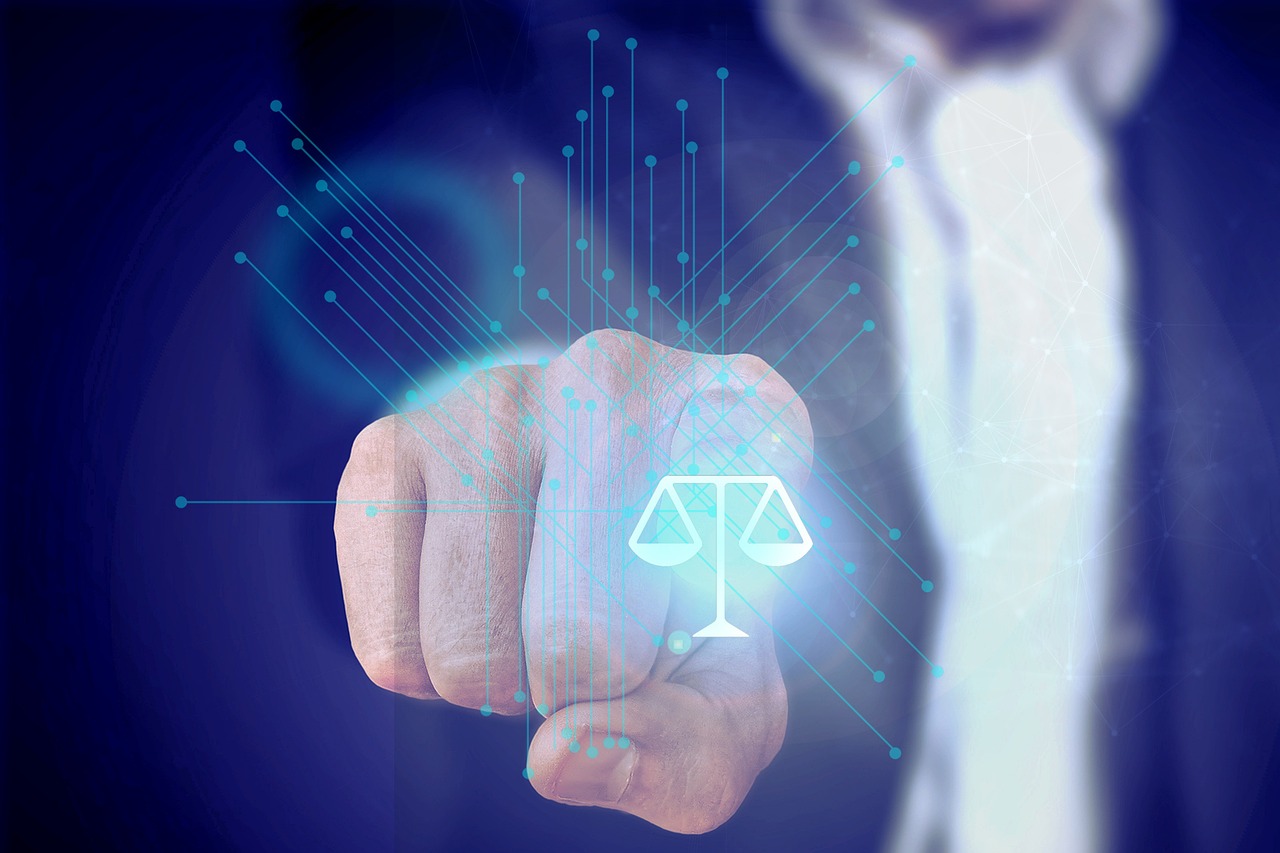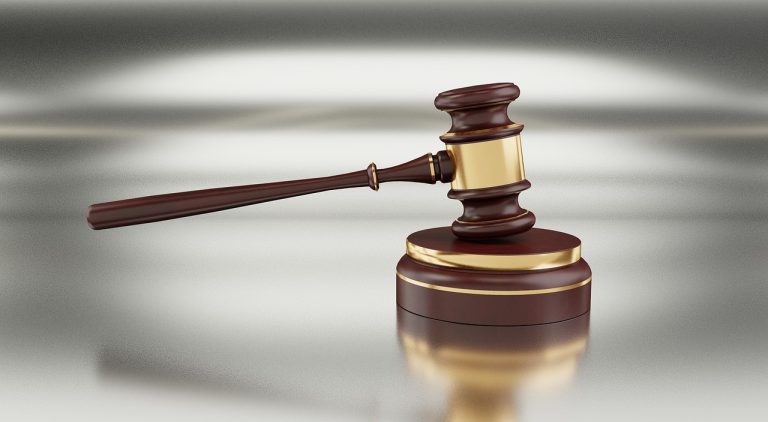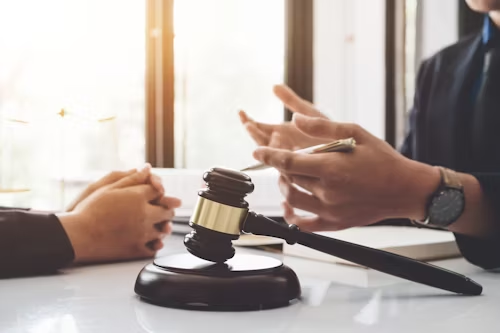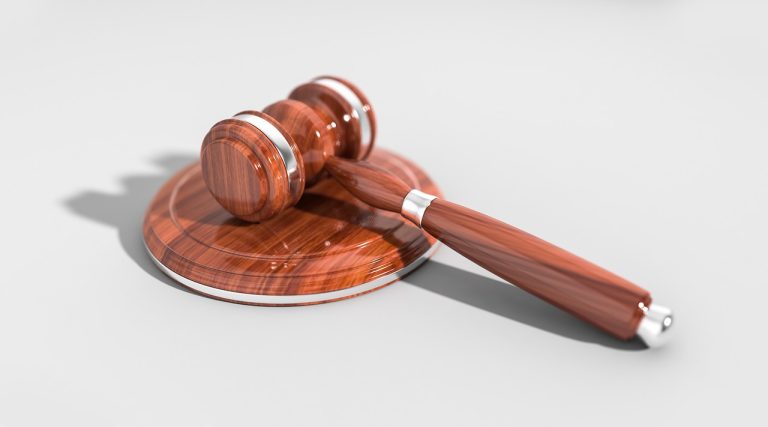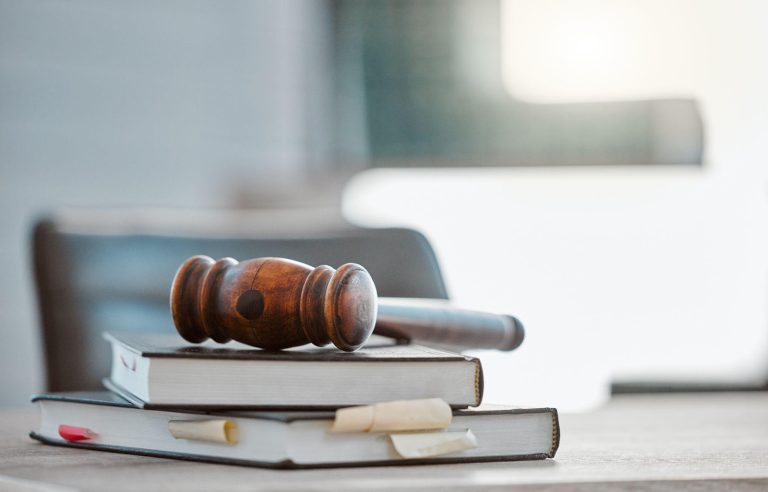Types of Damages You Can Recover in a Car Accident Case
Key Takeaways
- Economic damages cover tangible losses like medical bills, lost wages, property damage, and out-of-pocket costs.
- Non-economic damages compensate for pain, suffering, emotional distress, loss of enjoyment of life, and changes to family relationships.
- Punitive damages may apply if the at-fault party acted recklessly or maliciously.
- Wrongful death claims provide financial and emotional relief to surviving family members.
- Recovery depends on injury severity, life impact, documentation, and state laws.
- Immediate steps: seek medical care, document the accident, preserve records, and consult a personal injury or motorcycle accident lawyer to protect your rights.
Being involved in a car accident is more than just a minor inconvenience—it often leaves victims facing serious physical, emotional, and financial obstacles that extend for weeks, months, or even years. The ripple effects of a collision can be felt well beyond the moment of impact, affecting everything from daily routines to a family’s financial security. Whether you’ve suffered property loss, physical pain, or even the inability to work, understanding your rights is key to a fair settlement. In some cases, the need for specialized legal assistance, such as a motorcycle accident lawyer, further highlights how complex these claims can be, especially when unique injuries or circumstances are at play.
After a crash, expenses can mount alarmingly fast, starting with emergency medical care and continuing through rehabilitation or ongoing treatment. Emotional distress often compounds the situation, sometimes resulting in anxiety, depression, or sleep disturbances that make recovery even harder. The financial burdens caused by medical treatments, ongoing therapies, and missed time from work may overshadow the less obvious, yet equally significant, emotional and psychological impacts of a serious accident. Knowing the types of damages you may recover—and the steps to maximize your compensation—can make a profound difference in your recovery and future stability, enabling you to rebuild your life more confidently.
Economic Damages: Tangible Financial Losses
Economic damages are those you can calculate with receipts, bills, or pay stubs—these are the most straightforward losses to understand and prove. In car accident cases, economic damages are meant to compensate you for the money you’ve spent or lost due to the crash and future expenses related to your recovery. The following are common types of economic damages:
- Medical Expenses: All costs for emergency care, surgery, hospitalization, prescriptions, physical therapy, and anticipated future medical needs tied to your injuries. This can also include follow-up doctor visits, the cost of medical devices like crutches or wheelchairs, and even mental health treatment required as a result of your injuries.
- Lost Wages: Compensation for income lost while healing and the potential for lost earning capacity if injuries prevent a return to your previous job. This can also apply if you have to take a lower-paying job due to physical limitations or if you are forced into early retirement because of the severity of your injuries.
- Property Damage: Payment for the cost to repair or replace your vehicle, clothing, electronic devices, or other personal property damaged in the collision. In some cases, this might include the cost to tow your car, storage fees, and damage to items inside your vehicle.
- Out-of-Pocket Costs: Reimbursement for necessary expenses such as transportation to medical appointments, rental cars, or hiring help for household duties. Even small costs can add up over time and be included in your claim.
Non-Economic Damages: Intangible Losses
Non-economic damages address those losses that, while not directly tied to a bill or financial statement, profoundly impact a person’s life. These damages are more subjective, but they recognize a car accident’s real and lasting effects on your overall well-being and daily happiness. Examples include:
- Pain and Suffering: Physical pain, ongoing aches, or mobility loss resulting from the accident. Chronic pain and persistent discomfort may limit your ability to engage in previously routine tasks.
- Emotional Distress: Mental anguish, post-traumatic stress disorder (PTSD), anxiety, or depression related to the trauma. Emotional scars can require counseling or therapy and can last long after physical injuries heal.
- Loss of Enjoyment of Life: Diminished ability to participate in hobbies or activities that were previously a valuable part of your life. This might include giving up sports, traveling, or social activities you enjoyed before your injury.
- Loss of Consortium: Changes in your relationship with your spouse or close family due to injury-related limitations. This may impact intimacy, emotional support, and partnership activities.
Punitive Damages: Punishing Egregious Behavior
While rare, punitive damages may be available if the at-fault driver’s conduct was reckless, egregious, or intentionally harmful. Unlike compensatory damages, punitive damages are designed primarily to punish offenders for behavior that goes far beyond simple negligence—such as drunk driving, fleeing the scene, or road rage. Courts award these damages not to compensate victims directly, but as a punishment for behavior that demonstrates a blatant disregard for the safety of others and as a deterrent against similar misconduct in the future. Proving eligibility for punitive damages typically requires substantial evidence and legal expertise, so retaining an experienced attorney is critical in these complex cases.
Wrongful Death Damages: Compensation for Surviving Family Members
When a car accident results in a fatality, the victim’s family may pursue a wrongful death claim. This form of compensation covers losses unique to surviving dependents, offering financial relief and acknowledgment of emotional suffering. Wrongful death claims recognize both the monetary and personal contributions that are lost with the passing of a loved one. With proper documentation and the help of an attorney, families can request damages for:
- Funeral and Burial Expenses: Coverage for all end-of-life costs and memorial services, which can become overwhelming for grieving families already coping with loss.
- Loss of Financial Support: Replacement for the income or benefits the deceased provided to their household or dependents, including medical insurance and pension benefits.
- Loss of Companionship: Recovery for emotional pain, suffering, and the loss of guidance or nurturing the victim provided, which is especially significant for children or dependent family members.
Factors Influencing Damage Recovery
Every car accident case is unique. The compensation available will be affected by several core factors that insurance companies, courts, or juries weigh during the claim process. Being aware of these factors can help you build a stronger, well-documented case:
- Severity of Injuries: More serious or lasting injuries, such as brain trauma, spinal cord injury, or permanent disability, justify higher settlements because they often require ongoing care and significantly affect quality of life.
- Impact on Daily Life: Your diminished ability to work, care for yourself, or maintain personal relationships may increase non-economic damages. These changes might include an inability to perform household duties, participate in activities, or support your family as you once did.
- Evidence and Documentation: Detailed records of medical treatments, accident reports, and expenses will greatly strengthen any claim for damages. Witness statements, photographs, and official police reports are also crucial for proving the circumstances of the accident.
- State Laws: Each state’s approach to liability and compensation varies, including “no-fault” statutes that may restrict certain claims and time limits for filing (statutes of limitations).
Steps to Take After a Car Accident
- Seek Medical Attention: First and foremost, protect your health and create an official medical record of your injuries, as this documentation will be essential evidence for your claim.
- Document the Scene: Collect photographs and videos of the accident site, the vehicles involved, and any visible injuries. Gathering statements from witnesses and obtaining an official police accident report will further support your case.
- Keep Detailed Records: Maintain all receipts, repair bills, wage statements, medical bills, and communications with insurers. Creating a dedicated folder or digital archive can simplify the claim process and ensure nothing is overlooked.
- Consult a Personal Injury Attorney: Legal guidance is crucial for navigating complex cases, protecting your rights, and maximizing potential compensation. An attorney can handle communications with insurers, evaluate settlement offers, and represent you in court if necessary.
Final Thoughts
The aftermath of a car accident brings upheaval, but understanding the full scope of damages you can recover empowers you to protect your interests. By recognizing your eligibility for both economic and non-economic compensation—while following best practices in documentation and legal support—you position yourself for a more comprehensive recovery and a more just outcome. With the right information and support, you can face the road to recovery with greater confidence and resilience, ensuring your long-term needs are addressed after a car crash.

